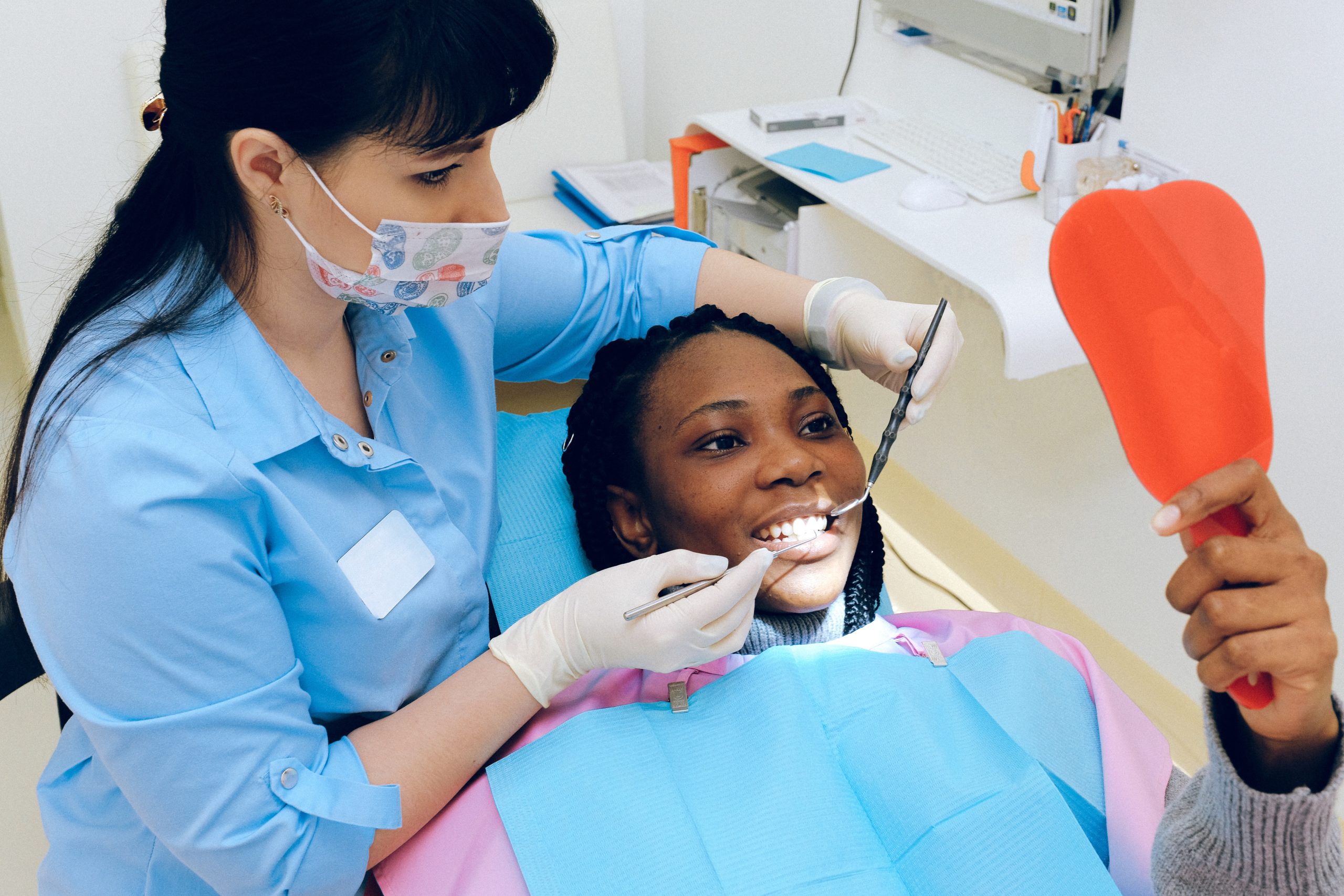Effective Gum Treatment & Deep Cleaning in Macquarie
Do You Have Red, Swollen And Bleeding Gums? Do You Have Bad Breath Or Loose Teeth
Gum disease (periodontitis) is the leading cause of tooth loss for Australian adults. Gum disease ranges from gingivitis, a simple gum inflammation, to periodontitis, which causes serious damage to your bone and soft tissue, and eventually tooth loss.
In its early stages, gum disease symptoms are usually painless, so that you may not even be aware you have it. And because gum disease can be largely overcome with good oral hygiene and early intervention, it’s very important that you visit the dentist regularly, to allow us to monitor your teeth and gums for early symptoms of gum disease.
What Is Gingivitis?
Bacteria feast on the sugars in your food, coating your teeth and gums with the colourless, sticky film called plaque. If this plaque isn’t thoroughly removed by your daily brushing and flossing, it will irritate and inflame your gums. You’ll notice your gums are red and swollen, and bleed when you brush. The good news is that this ‘gingivitis’ is a completely reversible condition and can be controlled during your normal Active Maintenance appointments.
When treating gingivitis our team will remove the built-up plaque from your teeth, and give you the advice you need to ensure your at-home oral hygiene, including brushing twice a day and flossing every day, is effective. With early treatment, your gums will recover.
What Is Periodontitis?
As gum disease spreads, the gums become infected and pull away from the teeth causing deep pockets. This stage of gum disease is called periodontitis. The bones that support the teeth become damaged and in the long-term may cause you to lose teeth.
To prevent periodontal disease and tooth loss, we will examine and record the health status of your gums, and clean the root surfaces thoroughly at the earliest stages, removing bacterial toxins, plaque and calculus. We will also educate you on the strategies to minimise and eliminate the disease process. Simple and cost-effective, regular hygiene could make all the difference to your oral health in the future.





